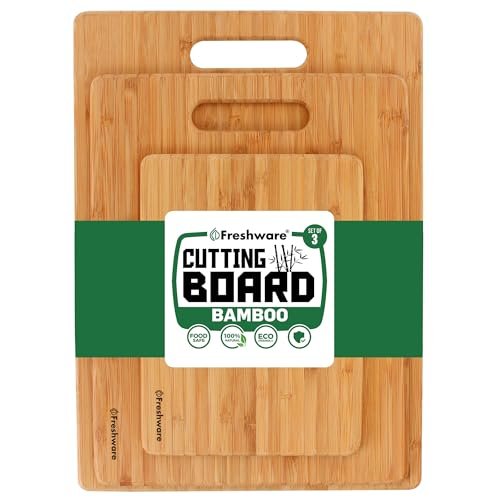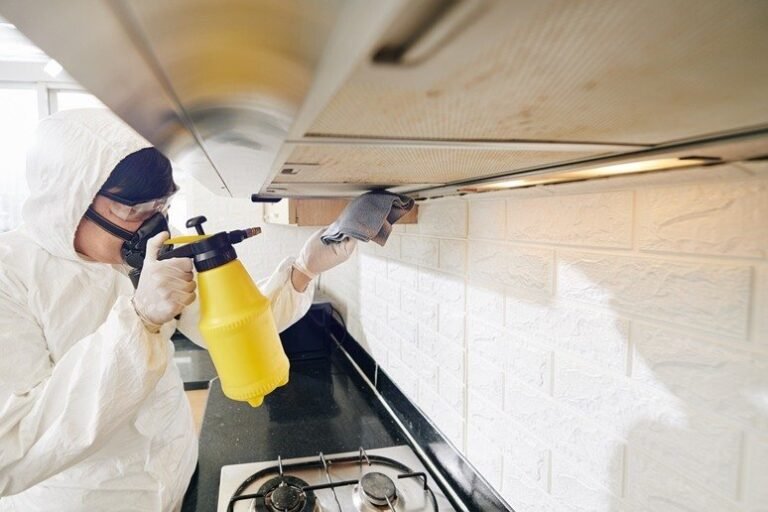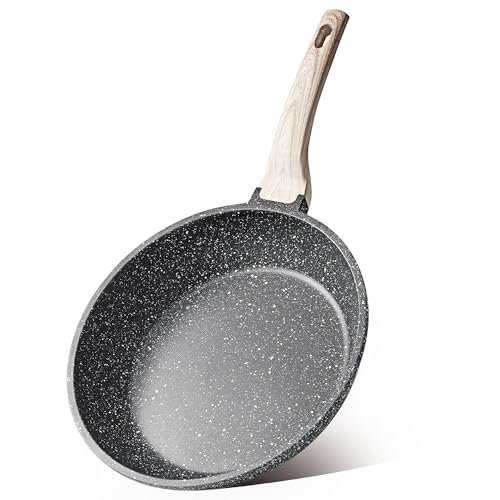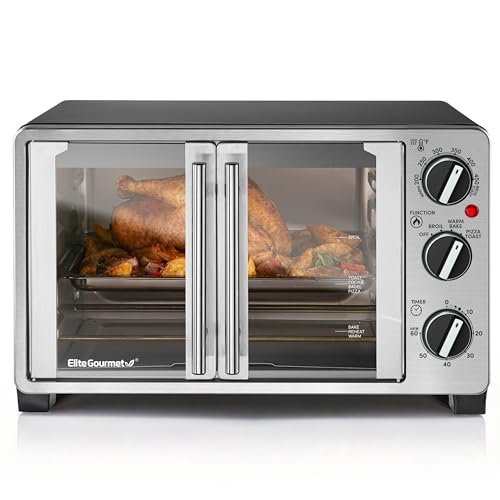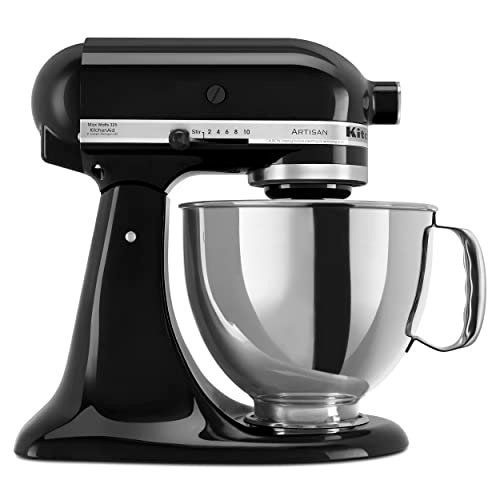Can I Use Drain Cleaner in Kitchen Sink? Essential Tips
Have you ever stood in your kitchen, staring at a slow-draining sink, wondering if a quick fix with drain cleaner is the answer? You’re not alone.
Many people face this frustrating problem and ponder the same question: “Can I use drain cleaner in my kitchen sink? ” Before you reach for that bottle, there are important things you need to know. Using drain cleaner might seem like a simple solution, but it could lead to bigger problems if not used correctly.
We will explore whether drain cleaner is a good option for your kitchen sink and what alternatives might be safer and more effective. Stick around, because what you learn today could save you time, money, and a lot of hassle in the future.

Credit: www.liquidplumr.com
Using Drain Cleaner In Kitchen Sinks
Many people wonder about using drain cleaner in kitchen sinks. Kitchen sinks often face clogs from food particles and grease. Using drain cleaner can seem like a quick fix. But is it safe? Let’s explore its usage, benefits, and risks.
Is Drain Cleaner Safe For Kitchen Sinks?
Drain cleaners contain strong chemicals. These chemicals help dissolve clogs. But they can also harm your pipes. Especially if your pipes are old or made of certain materials. Use caution when applying drain cleaner.
How To Use Drain Cleaner Effectively
First, read the instructions on the bottle. Follow them closely for safety. Pour the recommended amount into the sink. Allow it to work for the suggested time. Then, flush the drain with water. This helps clear the dissolved debris.
Potential Risks Of Drain Cleaners
Drain cleaners can damage pipes. They can also cause skin and eye irritation. Always wear gloves when handling them. Ensure proper ventilation in the kitchen. Never mix drain cleaner with other chemicals. This can create dangerous fumes.
Alternatives To Chemical Drain Cleaners
Consider using a plunger or a drain snake. These tools can clear clogs without chemicals. Baking soda and vinegar are natural alternatives. They can break down minor clogs effectively. Regular maintenance can prevent blockages.

Credit: trusteyman.com
Types Of Drain Cleaners
Understanding the types of drain cleaners helps in maintaining your kitchen sink. Each type has its own benefits and risks. Choosing the right one can prevent damage and ensure efficiency.
Chemical-based Cleaners
Chemical-based cleaners are strong and effective for tough clogs. They contain caustic substances like lye or sulfuric acid. These chemicals dissolve hair, grease, and food particles quickly. Use them with caution. They can damage pipes and harm the environment. Always wear gloves and follow instructions carefully.
Enzyme-based Alternatives
Enzyme-based cleaners are a gentler option. They rely on natural bacteria and enzymes. These components break down organic matter slowly. They are safer for your pipes and the environment. Enzyme cleaners work best for regular maintenance. They prevent buildup and keep drains clear over time.
Homemade Solutions
Homemade solutions are cost-effective and eco-friendly. One common method uses baking soda and vinegar. Pour baking soda down the drain, then add vinegar. The mixture fizzes, loosening debris. Hot water rinses away the residue. Salt and hot water can also help clear minor blockages.
Potential Risks And Dangers
Using drain cleaner in your kitchen sink might seem easy. But it carries risks. These products contain strong chemicals. They can pose dangers to your plumbing and the environment. Understand these risks before pouring drain cleaner down the sink.
Chemical Reactions
Drain cleaners contain harsh chemicals. They can cause harmful reactions. Mixing different cleaners can produce toxic fumes. These fumes are dangerous to inhale. They can irritate your lungs and eyes.
Some cleaners react with leftover food particles. This can create dangerous gases. These gases can harm your health. Always follow the product instructions to avoid chemical reactions.
Pipe Damage
Drain cleaners can damage your pipes. The chemicals are corrosive. They can eat away at the pipe’s material. Over time, this weakens the pipes. They may develop leaks or cracks.
Older plumbing systems are more vulnerable. They may not withstand the cleaner’s strength. Consider using a plunger or snake for blockages. This can prevent pipe damage.
Environmental Impact
Drain cleaners can harm the environment. The chemicals can seep into soil and water. This affects local wildlife and plants. It pollutes water sources, harming aquatic life.
Many communities have strict rules on chemical disposal. Misuse can lead to fines. Consider eco-friendly alternatives for a safer environment. Baking soda and vinegar can be effective and safe.
Safety Precautions
Using drain cleaner in your kitchen sink can be a quick fix for clogs, but it’s crucial to prioritize safety. These powerful chemicals can be hazardous if not handled correctly. By following a few essential safety precautions, you can protect yourself and your home while effectively clearing out those stubborn blockages.
Protective Gear
Before you even open the bottle, make sure you have the right protective gear. This includes gloves and goggles. You don’t want to risk any of those harsh chemicals splashing onto your skin or, worse, into your eyes.
Imagine this scenario: you’re pouring the cleaner into the sink, and a small splash lands on your hand. Without gloves, you could end up with a painful burn. Don’t take the risk—always suit up with the proper gear.
Proper Ventilation
Drain cleaners release fumes that can be harmful if inhaled. Ensure your kitchen is well-ventilated before you start. Open windows and doors to let fresh air circulate.
Have you ever noticed how strong the smell is when using these products? Without good ventilation, you might feel dizzy or nauseous. Keep the air flowing to avoid these unpleasant side effects.
Safe Disposal
Disposing of drain cleaner responsibly is just as important as using it safely. Never pour leftover cleaner down the sink or toilet. Check local waste disposal guidelines for hazardous materials.
Think about this: what if the chemicals in the cleaner harm your plumbing or the environment? By following safe disposal practices, you can prevent these potential issues. Always prioritize safety over convenience.
Do you have any other safety tips for using drain cleaner in the kitchen? Share your thoughts in the comments below!
Alternatives To Drain Cleaners
Consider natural alternatives to drain cleaners for your kitchen sink. Baking soda and vinegar can effectively unclog drains. Boiling water also helps dissolve minor blockages. These methods are safe and eco-friendly, preserving your plumbing and environment.
When dealing with a clogged kitchen sink, your first instinct might be to reach for a drain cleaner. But have you ever considered the impact on your pipes and the environment? Fortunately, there are several effective alternatives that can clear your sink without harsh chemicals. These methods are not only safer but often just as effective. Let’s explore some practical options you can use today.Plungers
A plunger is a simple tool that can work wonders on a clogged sink. Have you ever used one before? If not, it’s time to give it a try. Place the plunger over the drain, ensuring a tight seal. Push and pull with steady pressure. This action can dislodge the blockage, allowing water to flow freely again. It’s a quick solution and often all you need.Drain Snakes
If the plunger doesn’t do the trick, a drain snake might be your next best friend. This flexible tool can reach deep into pipes, grabbing onto debris that’s causing the clog. Feed the snake into the drain, twisting it to hook onto the blockage. Pull it out gently, bringing the culprit with it. It’s a bit of an adventure, but the result is worth the effort.Baking Soda And Vinegar
For those who prefer a more natural approach, baking soda and vinegar can be a powerful duo. Do you have these ingredients in your pantry? If so, you’re ready to tackle the clog. Pour half a cup of baking soda down the drain, followed by a cup of vinegar. The fizzing reaction will help break down the blockage. Let it sit for about 30 minutes, then rinse with hot water. This method is eco-friendly and surprisingly effective. Each of these alternatives offers a practical way to address clogged drains without relying on harsh chemicals. Have you tried any of these methods before? If not, next time your kitchen sink is slow to drain, consider giving one of these a go. Your pipes and the planet will thank you.Preventative Measures
Maintaining a kitchen sink requires thoughtful preventative measures. Drain cleaners can help, but relying on them too often may cause damage. Understanding how to keep your kitchen sink clear can save time and money. Here are some key strategies to prevent clogs and keep your sink in top condition.
Regular Maintenance
Regular maintenance ensures your sink runs smoothly. Clean the sink weekly with warm water. This helps flush away small particles that could build up. Use a mix of baking soda and vinegar monthly. It clears residue and refreshes the drain.
Use Of Drain Covers
Drain covers can be very effective. They catch food particles before they enter the drain. Choose covers that fit snugly over the sink opening. Clean them regularly to prevent unpleasant odors. This simple tool can greatly reduce the risk of clogs.
Avoiding Grease Disposal
Pouring grease down the sink leads to stubborn clogs. Grease solidifies and sticks to the pipes. Instead, collect it in a container and dispose of it in the trash. This prevents buildup and keeps the drain flowing freely.
When To Call A Professional
Knowing when to call a professional for your kitchen sink can save you time, money, and frustration. While drain cleaners offer a quick fix, they might not always be the best solution. If you’ve tried using drain cleaner and the problem persists, it might be time to call in an expert. Let’s explore specific scenarios when reaching out to a plumber is your best option.
Persistent Clogs
Have you ever poured drain cleaner down your sink, only to find the water still pooling at the bottom? This could be a sign of a more serious blockage. Persistent clogs might stem from deep within your plumbing system where drain cleaners can’t reach. If you’ve tried multiple solutions and the water still won’t budge, a professional plumber can use specialized tools to locate and remove the stubborn obstruction.
Recurring Issues
Do you find yourself reaching for the drain cleaner every few weeks? Recurring issues might indicate a chronic problem in your plumbing. Perhaps there’s a buildup of grease or food particles that drain cleaners alone can’t eliminate. A professional can assess the situation, providing a long-term solution that prevents future clogs and keeps your sink running smoothly.
Signs Of Pipe Damage
Have you noticed strange noises or unpleasant smells from your kitchen sink? These could be signs of pipe damage. Drain cleaners can be harsh and might corrode older pipes, leading to leaks or cracks. If you suspect damage, it’s time to call a plumber who can inspect your pipes and recommend repairs or replacements as needed.
Think about it: how much time have you spent battling your kitchen sink issues? Is it worth continuing the cycle of temporary fixes? Sometimes, investing in professional help can provide peace of mind and a more permanent solution to your plumbing woes. When faced with persistent clogs, recurring problems, or signs of damage, consider calling a professional to ensure your kitchen sink is in top shape.
:max_bytes(150000):strip_icc()/how-to-unclog-a-kitchen-sink-2718799_sketch_FINAL-6d86f43bcb464f8ca5b61f240c2d8bf9.png)
Credit: www.thespruce.com
Frequently Asked Questions
Can I Use Drain Cleaner In A Kitchen Sink?
Yes, you can use drain cleaner in a kitchen sink. Ensure it’s suitable for kitchen use. Follow the manufacturer’s instructions to avoid damage. Avoid using on garbage disposals without checking compatibility. Regular use can prevent clogs. Always prioritize safety and use gloves.
Consider natural alternatives for eco-friendly solutions.
What’s Best To Unclog A Kitchen Sink?
Use baking soda and vinegar for a natural solution. Pour boiling water to loosen debris. Use a plunger for stubborn clogs. For tough blockages, try a plumbing snake. Avoid chemical drain cleaners as they can damage pipes. Regular maintenance prevents future clogs in your kitchen sink.
Is It Safe To Put Draino Down A Kitchen Sink?
Draino can be used in kitchen sinks, but caution is advised. It may damage pipes if overused. Always follow the manufacturer’s instructions. Use in well-ventilated areas and avoid contact with skin. Consider alternatives like baking soda and vinegar for safer options.
Regular maintenance prevents clogs without harsh chemicals.
Can You Use A Drain Unblocker In A Kitchen Sink?
Yes, you can use a drain unblocker in a kitchen sink. Choose one safe for kitchen use. Follow instructions carefully to prevent damage and ensure effective results. Regular maintenance helps avoid future clogs. Always wear protective gloves and ensure proper ventilation while using chemical unblockers.
Is It Safe To Use Drain Cleaner In Kitchen Sinks?
Drain cleaners can damage pipes if used frequently. They can also harm septic systems and the environment.
Conclusion
Choosing the right drain cleaner matters. Not all are kitchen-safe. Harsh chemicals can damage pipes. Consider natural alternatives. Baking soda and vinegar work well. They are safe and effective. Regular cleaning prevents clogs. Use a drain strainer to catch debris.
This keeps your sink clean longer. Read labels carefully before buying cleaners. Always prioritize safety and the environment. A little effort goes a long way. Keep your kitchen sink in top shape. Your home will thank you.

